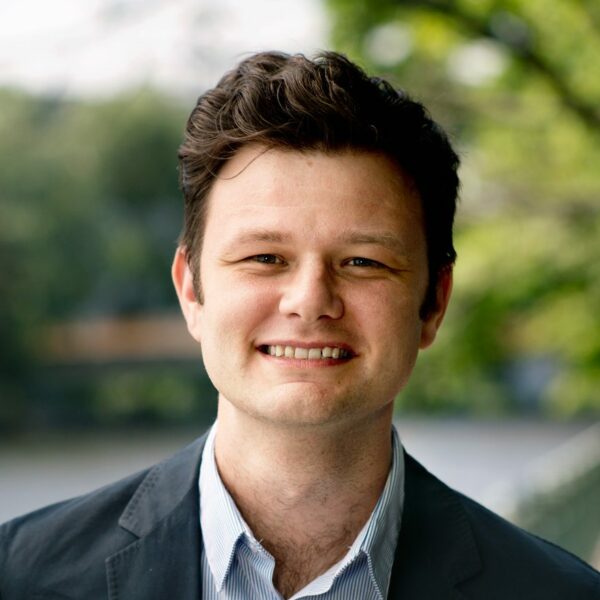This week we want to share with you the content that you have found most compelling this year. We’ve compiled a list of the most read blogs on Disrupt&Innovate in 2018, so you can see what others in the civil society sector are interested in. Additionally, it’s a great opportunity to remind ourselves of the strength of this platform, it’s diversity of topics and range of contributors. Take a look at the blogs below, we hope you enjoy.
MOST CIVIL SOCIETY STAFF ARE WOMEN – MOST OF THEIR LEADERS ARE MEN
 A few weeks ago I recruited a new colleague to our small Centre secretariat team. The pattern of many previous rounds was repeated: We reviewed a number of very qualified and competent young female candidates, struggled to invite equally impressive male applicants for an interview and in the end offered the position to a very dedicated, ambitious and talented woman who wants to develop a long-term career in the civil society sector. I have met and worked with many women like her over the years at the Centre and in the civil society organisations (CSOs) we work with. Read more
A few weeks ago I recruited a new colleague to our small Centre secretariat team. The pattern of many previous rounds was repeated: We reviewed a number of very qualified and competent young female candidates, struggled to invite equally impressive male applicants for an interview and in the end offered the position to a very dedicated, ambitious and talented woman who wants to develop a long-term career in the civil society sector. I have met and worked with many women like her over the years at the Centre and in the civil society organisations (CSOs) we work with. Read more
DATA COLLABORATIVES CAN TRANSFORM THE WAY CIVIL SOCIETY ORGANISATIONS FIND SOLUTIONS – PART I
 The need for innovation is clear: The twenty-first century is shaping up to be one of the most challenging in recent history. From climate change to income inequality to geopolitical upheaval and terrorism: the difficulties confronting international civil society organisations (ICSOs) are unprecedented not only in their variety but also in their complexity. At the same time, today’s practices and tools used by ICSOs seem stale and outdated. Increasingly, it is clear, we need not only new solutions but new methods for arriving at solutions. Read more
The need for innovation is clear: The twenty-first century is shaping up to be one of the most challenging in recent history. From climate change to income inequality to geopolitical upheaval and terrorism: the difficulties confronting international civil society organisations (ICSOs) are unprecedented not only in their variety but also in their complexity. At the same time, today’s practices and tools used by ICSOs seem stale and outdated. Increasingly, it is clear, we need not only new solutions but new methods for arriving at solutions. Read more
HOW ARE BLOCKCHAIN AND BIG DATA CURRENTLY BEING USED IN THE CIVIL SOCIETY SECTOR?
Many CSOs around the world have realised the potential linked to both Blockchain and Big Data and are currently experimenting with how these technologies can support their work. Read more
WHEN THE GOING GETS TOUGH…
One year ago I reviewed the political environment in which civil society had to act and drew some conclusions for the year 2017. I expressed my expectation that “we will not succumb to Brexit and Trump” and demanded: “We urgently need to come together in a powerful global movement to defend tolerance against the intolerant, pluralism and the rule of law against authoritarianism, and our future as a global community against chauvinism and xenophobia.” What has happened in this respect over the past twelve months? Read more
2018 – FOR A YEAR OF MORE RESILIENT AND ACCOUNTABLE CIVIL SOCIETY
 In recent years, governments around the world have responded to increased activism, protests and political engagement of citizens and various civil society actors with cracking down on civic space. Unfortunately, these trends have not passed the Western Balkans and Turkey by either.
In recent years, governments around the world have responded to increased activism, protests and political engagement of citizens and various civil society actors with cracking down on civic space. Unfortunately, these trends have not passed the Western Balkans and Turkey by either.
As restrictions on foreign funding (in Kosovo, Turkey), barriers to registration (Albania, Bosnia and Herzegovina, Turkey), intervention in CSOs’ internal affairs (Macedonia and Turkey), negative narratives (Serbia and Macedonia), and declining public trust in civil society in almost all of the countries become the new normal in this region, civil society and donors are going to have to adapt to this context. Read more










